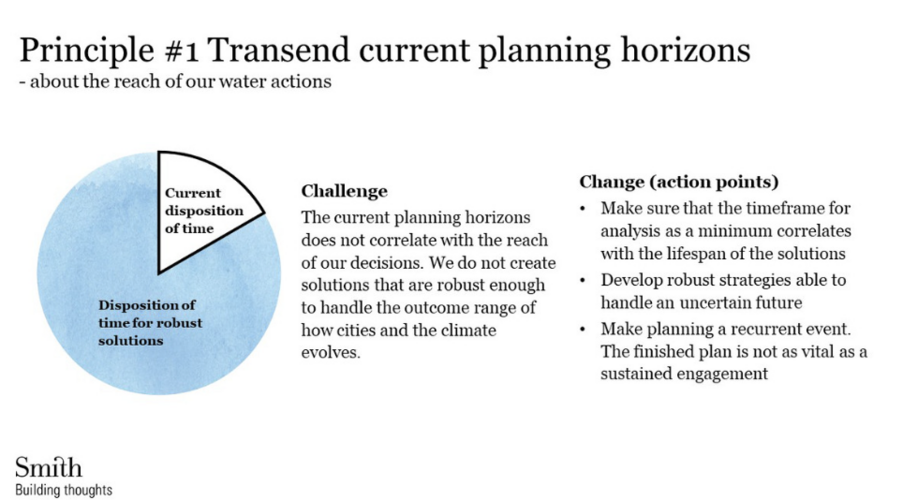
Watercities Blogpost 5/5
The final blogpost is written by Cintia Organo Quintana, assistant professor, Department of Biology at SDU
1) Give a brief introduction of you, your field of work, and what has let you to work in that area.
I am a marine ecologist and work with research related to biodiversity, marine habitats, greenhouse gases and restoration of ecosystems as nature-based solution. I am particularly interested in managed realignment and flooding of coastal areas to restore coastal lagoons, salt marshes and tidal zones. The eutrophication and climate change have huge impact on coastal water bodies; therefore, I am interested on finding solutions to help marine nature achieve good ecological conditions.
2) From the perspective of your profession what are the biggest challenges of planning the green, grey, and blue cities of tomorrow?
Planning of water in the cities should be connected to the status of environmental conditions in the coast and marine areas. Overflow of wastewater treatment facilities lead to excessive input of nutrients in shallow waters which can be deleterious to marine biodiversity. This will happen more often with climate change and increase of rain.
Potential conflicts with industries and wealth at the harbour front. Taxes related to the costs of coastal protections, specially related to relocation of roads and building of new reclamation areas in the sea. Who pays the bills?
In peri-urban areas, landowners are not willing to give away their unproductive areas for restoring wetlands. This is key to obtain the benefits of wetlands in terms of filtering of nutrients and carbon storage. How to make the process easier? Can a compensation be negotiated?
In general, it is increasing the use and interest of nature-based solutions for coastal protections. However, the implementation of nature-based solutions should be guided by experts to not affect existing coastal and marine ecosystems.
3) In relation to the previous question, which of the following proposed action points for Water Wise Planning do you think are particularly important to work with?
#1. Transend current planning horizons
#2. Make room for crosscutting decisions
#3. Make water a solid reference point
#4. Build communities around water
Making water as a solid reference point gives the opportunity to follow the impacts, management, and solutions in all compartments of the water cycle including rain, streams, lake, groundwater, wastewater treatments, and the coastal waters and sea as receivers.
4) What are the good examples of solutions to these challenges?
Project rebuild by design http://www.rebuildbydesign.org/ using nature-based solutions and considering the interaction between land and sea. Using existing models to address stakeholders/decision makers challenges, example from colleagues in Stockholm Centre of Resilience https://www.stockholmresilience.org/ working with the difficult task of fisheries and bad work conditions in Asia.
5) For the IWA World Water Congress & Exhibition 2022, a high-level summit will be held. What do you think are decision makers’ most important task to succeed in, within what you described so far?
Address and find solutions to political challenges on trade-offs. Follow the example of successful models. Awareness/dissemination how climate change and biodiversity crisis could affect citizens, however taking another approach based on solutions and optimism to increase engagement.
6) What type of profession would you like to pass on the baton to and what would you like to ask them?
Decision makers. What is the type of data/ support needed from research to assist with decisions? Is there anything researchers can do to help regarding evidence-based knowledge?






